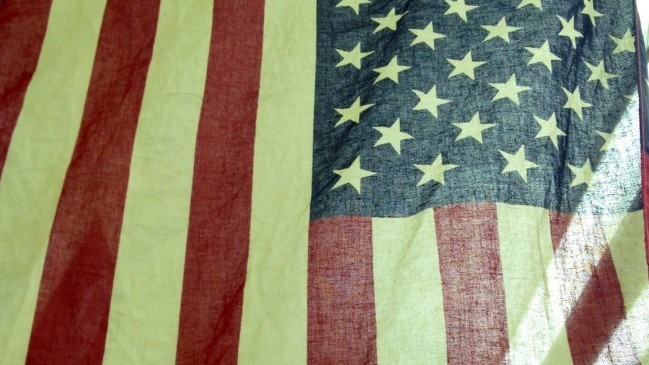 By AARON HOLMES – Variety Writer
By AARON HOLMES – Variety Writer
On the 11th anniversary of 9/11, it becomes increasingly apparent that educating future generations about the impact of the attacks is crucial.
On Tuesday afternoon, one minute before dismissal at Clarke Central High School, my class’ blaring chatter is interrupted by a sound over the P.A. speakers.
“Today is 9/11. It is today we remember the victims of the terrorist attacks of 2001,” a voice informs us.
The P.A. voice is interrupted by the bell marking the end of school. With disregard to the voice, the majority of my classmates stand up and file out of the room. The hallway fills with clamor.
Though a few of my peers and I remain seated for the announcement, the voice cuts off after just a few more seconds. The rest of the class empties out.
Eleven years ago today, a passenger jet flew into the North Tower of the World Trade Center in New York, N.Y. A few hours later, a second plane collided with the South Tower. A third plane crashed into the Pentagon. A fourth plane crash-landed in a field in Pennsylvania.
As the day continued and the details of the attacks began to surface, the United States was left with 2,996 casualties, multitudes of unanswered questions and the physical and emotional wreckage of the most severe attack on the country since the bombing of Pearl Harbor.
I was five years old on Sept. 11, 2001. Though I don’t remember much from that day, a few moments stand out in my mind.
I remember my uncle, who worked in southern Manhattan, calling us to confirm that he was all right.
I remember trying to convince my distraught parents that maybe the Towers were struck by accident due to them being “taller than the pilot expected.”
Most of all, I remember failing to understand the magnitude of the attacks.
Now, more than a decade later, America has begun to recover from the shock of the terrorist attacks of 9/11.
“A new tower rises above the New York skyline, al-Qaida is on the path to defeat and Osama bin Laden is dead,” President Barack Obama said in Charlotte, N.C. last week.
Obama referenced closure to a decade of American fear and war inspired by the terrorist attacks of 9/11, which were led by now dead al-Qaida leader bin Laden.
As a sophomore in high school, it can be difficult to get a realistic perspective on such events. Since so many people my age barely remember the events of 9/11, the extent of our knowledge regarding the subject has been taught to us by older generations.
Today, we observe Sept. 11 as “Patriot Day,” a day on which we show solidarity as Americans. We hear references to 9/11 in speeches by politicians. In school, we even have a moment of silence and listen to a snippet describing the terrorist attacks.
But is it enough?
For students at CCHS and across the nation, what sets apart the terrible tragedies of 9/11 and the hundreds of other events covered in our history books?
Why is it that I have always felt nothing but disconnected sorrow when faced with images of the Twin Towers while adults around me experience anguish?
What causes this divide?
These questions were in my mind this summer. While in Manhattan, I visited the Ground Zero memorial for the victims of 9/11.
As I stared into the reflecting pools that filled the footprints of the Towers and the thousands of victims’ names encircling them, I was hit with the truth.
For the very first time, I was able to fully understand the enormity of 9/11 and everything that date stood for. Experiencing firsthand the place at which such an evil act transpired moved me for the first time.
That experience taught me more than I ever learned from a P.A. announcement, paragraph in a textbook or forced moment of silence.
“The true legacy of 9/11 will not be one of fear or hate or division. It will be a safer world; a stronger nation; and a people more united than ever before,” Obama said in a statement released Tuesday.
In order for this to be true, it is extremely important that CCHS and schools across the nation do a better job to educate students about the attacks of 9/11. Only 11 years have passed since the attacks, and this lack of education has already impacted people my age.
Today more than ever, such an effort must be made so that we may never forget.
